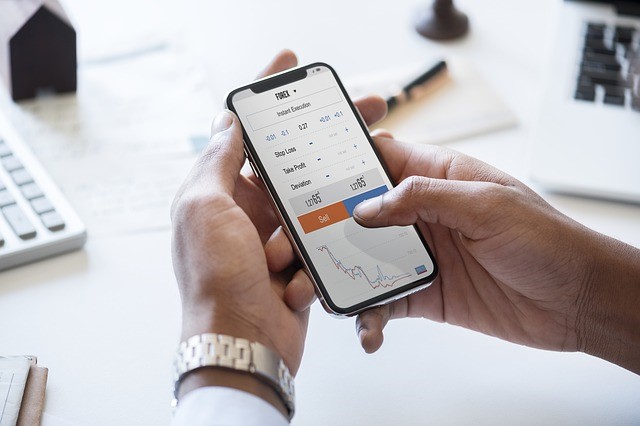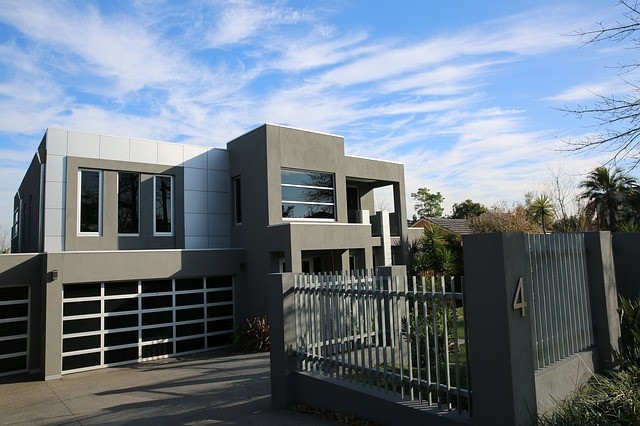
If you work in the Australian mining industry and you’re getting ready for tax time, here’s what you need to know.
It is said there are only two inevitabilities in life: death and taxes. But while death only visits us once, taxation is unfortunately a constant presence in life – including in the Australian mining industry.
We can’t avoid tax time, but we can make it as easy on ourselves as possible by being prepared.
Mining People asked West Perth-based accountant John Budrovich, who has many clients who work in mining, how mining industry employees can make doing their tax return as easy as possible.
“Most occupations are relatively straightforward, but with mining sometimes the salaries can be a little higher, so people are often looking to maximize what they can claim,” he said.
“But the Australian Taxation Office is tightening up on personal tax deductions these days, so what people might have assumed were standard deductions, or things they don’t need receipts for, while in the past you might have got away with it, now you can’t.”
FURTHER READING: 5 things you can do right now to secure your financial future
John has provided a list of mining industry-specific tax deductions below. He said for those with a standard wage or salary, taxation should be pretty straightforward. However, those who are contractors or have worked in labour hire roles, perhaps at several locations throughout the year, have more complicated returns.
“If you’re a contractor, there are additional deductions you can claim but there are also more specific rules around making sure you don’t claim more than you’re entitled to,” he said. “If you’re contracting through your own ABN, I definitely recommend you get an accountant involved (in lodging your tax return).”
4 things mining employees can do now to make tax time easy
Here are four things John recommended people in mining jobs do now in order to make tax time as easy as possible.
- Collect and summarise your receipts for your accountant or tax agent. “The more you summarise, the less time your accountant spends doing it, which ultimately reduces your tax agent fee,” John said.
- Keep track of your tax receipts by making use of the MyDeductions function from the ATO app.
- Familiarise yourself with the type of deductions you may be eligible to claim as a mining site employee, as mentioned by the ATO.
- Request and retrieve a copy of your employment contract and confirm with your employer where and when your employment started and whether you are being paid to travel to fulfil your employment duties. “This will have a substantial role to play when determining your eligibility to claim for certain travel and car deductions,” John said.

Special tax tips for the 2019-20 tax year
While much of the mining industry kept operating through coronavirus, John said there are some specific tax implications of the pandemic that people working in mining should be aware of.
- Tax deductions for working from home have changed: The Government has introduced a new shortcut method of 80c per hour for people to work out their working from home deductions
- JobSeeker payments: If you’ve received JobSeeker (what used to be called NewStart), this is considered taxable income
- JobKeeper payments: If you went on JobKeeper during the pandemic, these payments won’t impact your tax position unless you are one of the small group of employees that ended up with a pay increase courtesy of JobKeeper.
- Self-education expenses: Have you been formally learning this past year? Your self-education expenses can be tax deductible if the study is related to your current employer/employment. (If the costs were incurred before you got a job, for example you studied in order to apply for a job, then they are generally not tax deductible.)
Tax tips for mining employees who also have shares
Many people who work in the Australian mining industry also have a share portfolio, often as part of their retirement plan.
If that’s you, here are a few tasks you can get onto now, to make tax time easier.
- Collect and summarise your shares purchased, shares sold and dividend received for the financial year (from 1 July 2019 to 30 June 2020)
- Familiarise yourself with the different tax treatments between investing in shares (on capital account) versus trading shares regularly (on trading account):
- Investing in shares is normally treated as a capital gain. Any gain is added to your taxable income to determine the tax on the gain. If you hold the shares for 12 months or more before selling, you can then apply the 50% discount and effectively declare half of the capital gain as income. Any capital loss is offset to any current or future capital gain. You cannot reduce your taxable income from a capital loss.
- Shares trading on a regular basis and in a business manner (with an ABN) are treated as a business income or expense and added or subtracted from your taxable income, provided the turnover or shares sold were $20,000 or more.
FURTHER READING: Your mining retirement checklist
Tax tips for Australian miners who also have real estate investments
Perhaps even more common than a share portfolio, many Australian mining industry employees have invested in real estate. John had several tips for those in this situation.
- Collect and summarise your rental income and expenses for the year
- Contact your real estate agent to obtain a summary of the above if they offer this service, as it will save you time
- Consider if a tax depreciation report will be beneficial (speak with your accountant to find out more).

Tax deductions relevant to the mining industry
Here is that list of specific tax deductions relevant to mining site employees:
- Car expenses
- Overtime meal expenses, if an allowance was received
- Travel expenses
- Laundry (50c to $1 per load)
- Sunscreen
- Sunglasses for outside work
- Self-education costs
- Union fees
- Renewal of certain licences
- Work-related subscriptions
- Work tools and equipment
- Work-related phone call costs
- Donations
- Accounting fees
- Travel to your accountant
- Stationery and software costs for keeping tax records
- Income protection insurance
- Personal deductible superannuation contributions.
FURTHER READING: Financial tips for FIFO workers
“The warning areas if you’re trying to do your own return are if you’re trying to claim your motor vehicle or meal expenses going to and from site, because the general rule is those things are not deductible,” John said.
“Getting a taxi to the airport is not deductible; it’s like driving to and from work.
“If you’re trying to do your own return and you have reasonably high deductions, then you better be able to back it up, because you’re more inclined to get an audit from the tax office.
“Going to a tax agent generally helps you get a better tax outcome and you have a lower chance of getting audited, because we’re not going to put anything in there you can’t claim or that might stand out and result in a audit.”
Does tax time have you looking at your income and thinking it’s time to look for a new mining job? MPi has been a mining industry recruitment specialist for more than 25 years. Register with us here and let us help you find the right job.